
The assistant professor of neurology at the Weill Cornell Brain and Spine Center discussed his presentation at AAN 2021 evaluating racial disparities in smoking cessation among stroke survivors.

The assistant professor of neurology at the Weill Cornell Brain and Spine Center discussed his presentation at AAN 2021 evaluating racial disparities in smoking cessation among stroke survivors.

The Neurolutions IpsiHand Upper Extremity Rehabilitation system is indicated for use in patients with chronic stroke age 18 or older undergoing stroke rehabilitation to facilitate muscle re-education.

Researchers also found that EDSS score pre-pregnancy was associated with the likelihood of post-partum relapse for patients with multiple sclerosis.

The senior investigator at the National Institutes of Neurological Disorders and Stroke spoke about new opportunities for research into brain lesions and microglia.
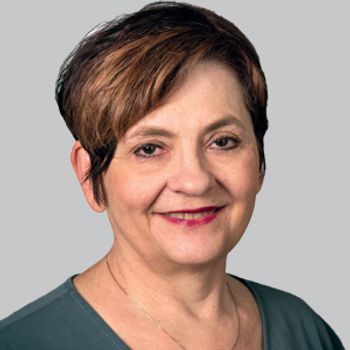
Changes in mean use of airway therapy from baseline to week 40 of the open-label extension were minimal for those on solriamfetol.

The director of the MedStar Georgetown Headache Center spoke to the efficacy and application of a new formulation of the longstanding agent dihydroergotamine in the treatment of migraine.

Advances in MRI and MRS techniques and protocols enhance diagnosis of neuromuscular disorders and provide prognostic and intervention efficacy biomarkers.

William Noah, MD, director and founder of the Sleep Centers of Middle Tennessee, discussed findings from his study on PAP adherence.

The senior director of patient management, care, and rehabilitation research at the National MS Society discussed symptoms of MS that need more research, as well as other factors impacting care, such as comorbidities.

In addition to a number of positive attributes stemming from telehealth use, most providers claimed they were interested in digitally prescribing headache apps and remotely monitoring patient symptoms.

Guest Editor-in-Chief Jill Giordano Farmer, DO, MPH, shared her perspective on the importance of April as the annual Parkinson disease awareness month.

The vice chair for research at the Northwestern University Feinberg School of Medicine discussed how the cognitive mobile toolbox can be used to assess cognition in all populations.

Here's what is coming soon to NeurologyLive.
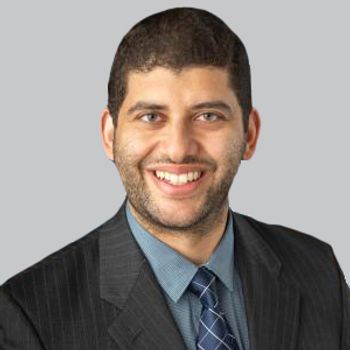
Three patients included in the study showed positive trends across both I-RODS and Jamar grip strength following treatment with lenalidomide.
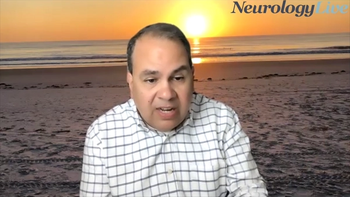
The professor of neurology at Mayo Clinic detailed ways to address social determinants of health and the gaps in care for patients with epilepsy.

Researchers compared Neuro-QoL scores between patients treated with natalizumab and ocrelizumab, another high-efficacy treatment for MS.

The clinical research director at the UCSF Multiple Sclerosis Center discussed the findings of the long-term open-label assessment of inebilizumab in neuromyelitis optica spectrum disorder.
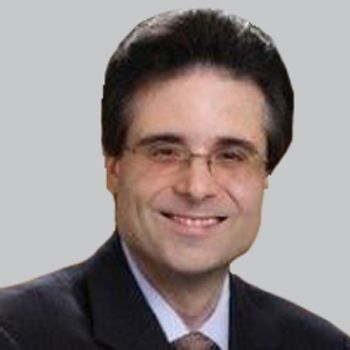
Improvement was statistically significant for Cognition and the Global Executive Composite score, where approximately twice as many patients achieved clinically meaningful improvement.
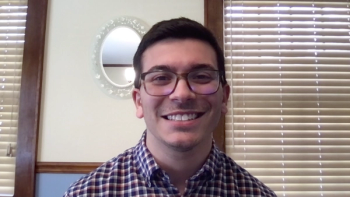
Neurology News Network for the week ending April 24, 2021.

William Noah, MD, director and founder of the Sleep Centers of Middle Tennessee discussed issues in caring for patients with OSA.

Take 5 minutes to catch up on NeurologyLive's highlights from the week ending April 23, 2021.
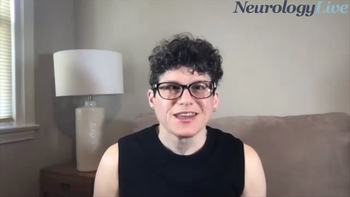
The associate professor and director of the Headache Medicine Fellowship Program at Thomas Jefferson University detailed the reasons fremanezumab stands out among a crowded migraine treatment landscape.
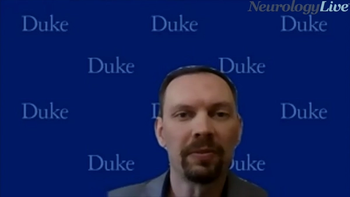
The associate professor of neurology and neurologist at Duke University discussed the positive results of nipocalimab, a monoclonal antibody, in patients with myasthenia gravis.

"Mind Moments," a podcast from NeurologyLive, brings you an exclusive interview with Daniel Claassen, MD, MS.

The MTB is built to safely, remotely, and effectively collect data from assessments that measure the executive function, language, memory, and processing speed of adults, and can be captured via smartphone.

The director and founder of the Sleep Centers of Middle Tennessee discussed trends in positive airway pressure adherence that his center’s research has revealed.

The therapy has fewer off-target effects on kinases and may be better-tolerated than other DHODH inhibitors for patients with relapsing MS.

The findings add to the body of evidence for use of antiplatelets in patients with cerebral amyloid angiopathy.

The director at AbbVie discussed a number of abstracts presented at AAN 2021 involving atogepant and its phase 3 ADVANCE study.

Refractory seizures were more prevalent in hemorrhagic stroke although seizure-free rates were low overall in patients with post-stroke seizures.